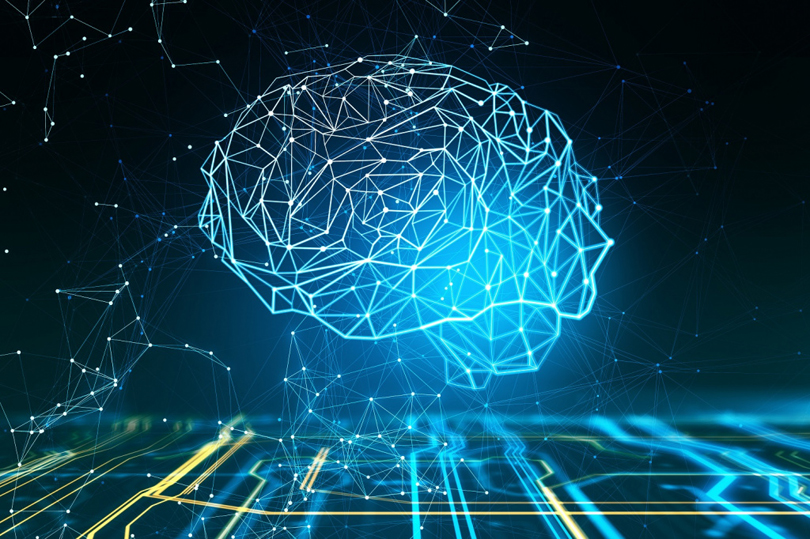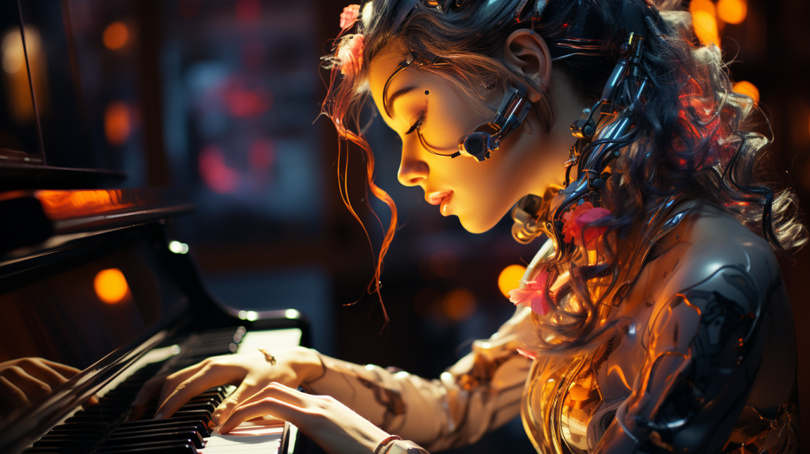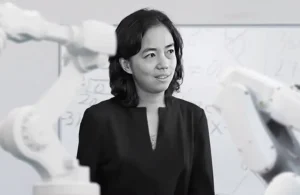The first serious wars against artificial intelligence are beginning. As expected, musicians were the first to rise against AI. The world’s largest record companies have filed a lawsuit against two startups that used existing musical works as the basis for new compositions

The Recording Industry Association of America (RIAA) announced that it filed two lawsuits on Monday against Suno AI and Uncharted Labs Inc., the developer of Udio AI, on behalf of Universal Music Group NV, Warner Music Group Corp., and Sony Music Entertainment. The complaints allege that the companies are unlawfully training their AI models on massive amounts of copyrighted sound recordings.
The RIAA, a trade group for record companies, is seeking damages of up to $150,000 “per work infringed.” This could potentially amount to billions of dollars.
“The music community has embraced AI, and we are already partnering and collaborating with responsible developers to build sustainable AI tools centered on human creativity that put artists and songwriters in charge,” said Mitch Glazier, CEO of the RIAA, in a statement. “But we can only succeed if developers are willing to work with us. Unlicensed services like Suno and Udio that claim it’s ‘fair’ to copy an artist’s life’s work and exploit it for their own profit without consent or pay set back the promise of genuinely innovative AI for us all.”
Suno and Udio are part of a new generation of startups using generative AI to automate the music-making process. People can type in a short written prompt, such as “an electro-pop song about strawberries,” and software from either company will produce human-sounding music in seconds. To build their AI systems, the companies must first train their software on enormous datasets, which can consist of many millions of individual pieces of information.
Suno’s technology is “transformative” and designed to generate completely new outputs, not to memorize and regurgitate pre-existing content. Therefore, the company does not allow users to include the names of musical artists in their written prompts when creating songs.

Founded in 2022 in Cambridge, Massachusetts, Suno first released its music-making software last year and raised $125 million in May. Udio, created by former Google DeepMind researchers and engineers and based in New York, introduced a “beta” version of its software in April and raised $10 million in funding. Both companies allow users to create some songs for free and also offer monthly subscriptions for those who want to create more.
The legal challenge from the music industry is just an example of technology colliding with creative industries, as generative AI is increasingly used to churn out all kinds of content. Companies like Midjourney, OpenAI, and Stability AI built their media-generating AI models using datasets pulled from the internet. While they argue that this practice is protected under the fair use doctrine of U.S. copyright law, it has led to outrage and lawsuits.
Generative AI companies have compelling arguments for the fair use of works as training data, experts say. Courts may view music differently than other works, such as computer code, text, or images.
Photo: from open sources


















